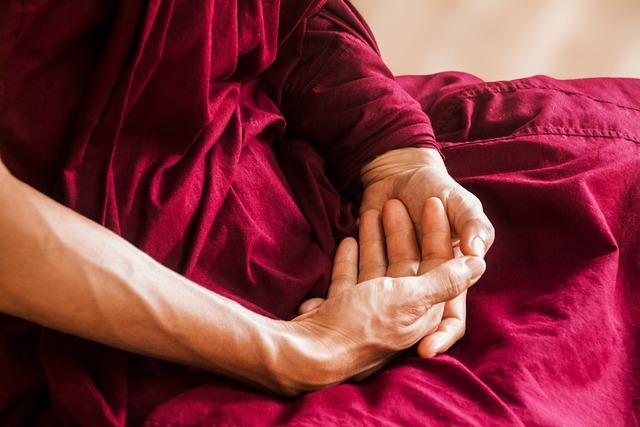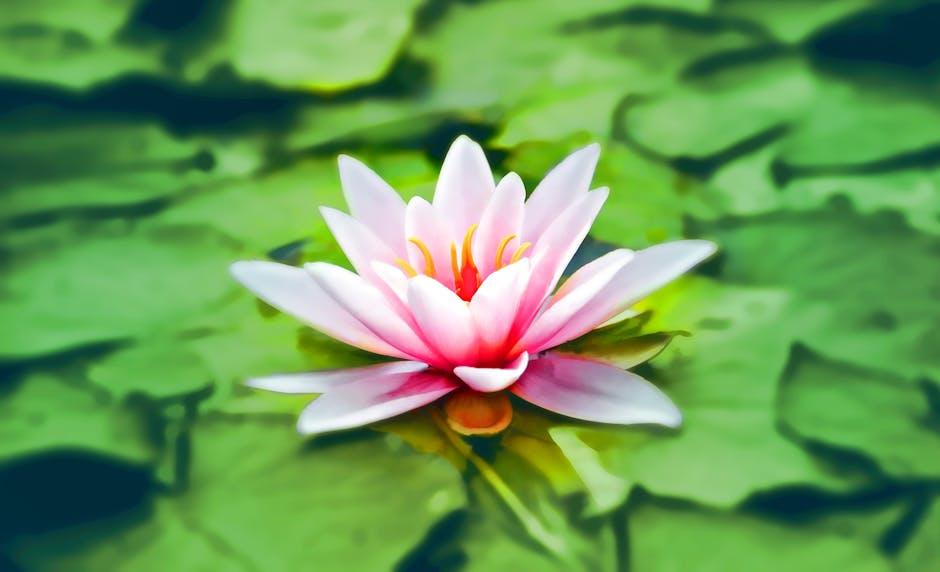In a world where the cacophony of daily life often drowns out our inner peace, meditation has emerged as a sanctuary for the mind—a quiet retreat promising solace and clarity. But as the practice gains traction and garners devotees, an intriguing question surfaces: Is meditation the universal balm for all, or does it merely scratch the surface of deeper, more personalized solutions? This article embarks on a journey through the labyrinth of mental well-being, exploring whether meditation holds the key for everyone or if alternative paths may offer more tailored relief. Join us as we unravel the threads of mindfulness, weigh its merits, and consider the diverse tapestry of human experience in the quest for tranquility.
Exploring the Benefits and Limitations of Meditation
Meditation has been praised for its ability to reduce stress, enhance focus, and promote overall well-being. Among its benefits, practitioners often cite:
- Improved mental clarity and concentration
- Reduced anxiety and stress levels
- Enhanced emotional health
- Better self-awareness and mindfulness
However, it’s essential to recognize the limitations of meditation as well. While it can be a powerful tool, it may not be suitable for everyone. Some individuals may find it challenging to sit still or quiet their minds, leading to frustration rather than tranquility. Additionally, meditation may not address underlying issues such as trauma or severe mental health conditions, where professional therapy might be more effective. Alternatives like physical exercise, creative arts, or social interactions could offer similar benefits, tailored to individual preferences and needs.

Comparing Meditation with Other Mindfulness Practices
When we think of mindfulness, meditation often takes center stage. However, it’s important to recognize that meditation is just one facet of a much larger mindfulness spectrum. Other practices, such as yoga, tai chi, and mindful walking, offer unique benefits that can cater to different needs and preferences. While meditation focuses on stillness and inward reflection, yoga combines physical movement with breath awareness, making it ideal for those who find it challenging to sit still for long periods.
- Yoga: Integrates physical postures, breath control, and meditation, enhancing both mental and physical well-being.
- Tai Chi: A martial art known for its slow, deliberate movements and deep breathing, promoting relaxation and balance.
- Mindful Walking: Combines the act of walking with mindfulness techniques, making it accessible for those who prefer activity over stillness.
Each of these practices can be a powerful tool for cultivating mindfulness, depending on individual preferences and lifestyle. While meditation might be the go-to for some, others might find greater benefit in these alternative practices.

Identifying Individual Needs for Optimal Mental Well-being
While meditation offers numerous benefits for mental well-being, it is essential to recognize that it may not be the ideal solution for everyone. Individual needs and preferences play a significant role in determining the most effective strategies for achieving optimal mental health. For some, meditation can be transformative, promoting relaxation, reducing stress, and enhancing emotional regulation. However, others might find it challenging or unengaging, necessitating alternative approaches to mental well-being.
Consider exploring a variety of techniques to discover what resonates best with you. Some potential alternatives include:
- Mindfulness practices: Incorporating mindful breathing or mindful eating into daily routines.
- Physical activities: Engaging in yoga, tai chi, or regular exercise to boost endorphins and reduce stress.
- Creative outlets: Expressing oneself through art, music, or writing as a means of processing emotions.
- Therapeutic approaches: Seeking professional guidance through therapy or counseling sessions.
- Social connections: Building and maintaining supportive relationships with friends and family.
Understanding and identifying your unique needs is crucial in finding the right path to optimal mental well-being. Embrace the journey of self-discovery and remain open to various methods that can contribute to your mental health.

Practical Tips for Choosing the Right Mindfulness Approach
Finding the right mindfulness approach can be a personal journey, and what works for one person may not suit another. Here are some practical tips to help you discover the best method for you:
- Assess Your Needs: Consider what you’re looking to achieve with mindfulness. Is it stress relief, improved focus, or emotional balance?
- Experiment with Different Techniques: Try various approaches such as guided meditation, breathwork, or mindful walking to see which resonates most with you.
- Consider Your Lifestyle: Choose a practice that fits seamlessly into your daily routine. Short, frequent sessions may be more sustainable than longer, infrequent ones.
- Seek Professional Guidance: Sometimes, a mindfulness coach or therapist can provide personalized recommendations based on your specific needs and challenges.
Remember, the goal is to find a practice that feels both effective and enjoyable, allowing you to integrate mindfulness naturally into your life.





